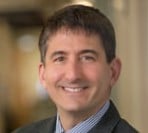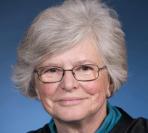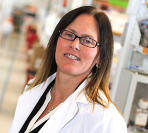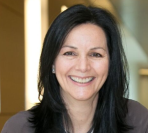Mentored Career Development (KL2) Training Program
A major goal of the University of Massachusetts Center for Clinical and Translational Science (UMCCTS) is to develop and support the next generation of leaders in clinical and translational research. Success in today’s complex and competitive environment requires training that is truly transdisciplinary in nature, encompassing the full spectrum of translational research from discovery through pre-clinical development and first-in-human studies to implementation science with additional continuous feedback to basic science research.
The overall goal of the KL2 program is to develop the careers of translational scientists who will possess both the fundamental competencies and the 7 essential characteristics that will enable them to become transformational agents of change across the translational research spectrum. The program is open to early-career UMass faculty members who seek to develop careers as independent translational scientists.
The Aims of the KL2-Training Program are:
-
Provide a mentored career development experience with outstanding, scientifically diverse mentors for each scholar.
-
Implement a flexible career development plan with a core curriculum meeting CTR core competencies; the plan is tailored to each scholar for advanced competencies, scientific interests, and development of essential characteristics for translational researchers.
-
Create a scientifically and sociodemographically diverse community of early stage investigators.
Training Program
-
Training for KL2 scholars has 4 key components tailored to individual goals:
-
a transdisciplinary mentoring team and an intensive mentored research experience targeted to independence
-
coursework targeted to provide either advanced understanding of analytical methods (for more advanced entering scholars) or a degree (PhD for select MDs, MSCI for clinically-oriented postdoctoral scholars who do not already have an MPH degree)
-
KL2 resources
-
enrichment activities (e.g., research seminars, workshops) available through UMass Chan or other UMass institutions, collaborating programs and centers
Scholars will pursue career development full-time for 2-3 years, pursuing their independent research projects designed to launch their career, while developing the skills needed to compete for independent funding.

Program Leaders
Catarina Kiefe, PhD, MD
Professor,
Population and Quantitative Health Sciences

Peter Lindenauer, MD, MSC, MHM
Professor,
Department of Medicine at UMass Chan Baystate
Beth McCormick, PhD
Professor Chair,
Microbiology
Milagros C. Rosal, PhD
Professor,
Population and Quantitative Health Sciences




